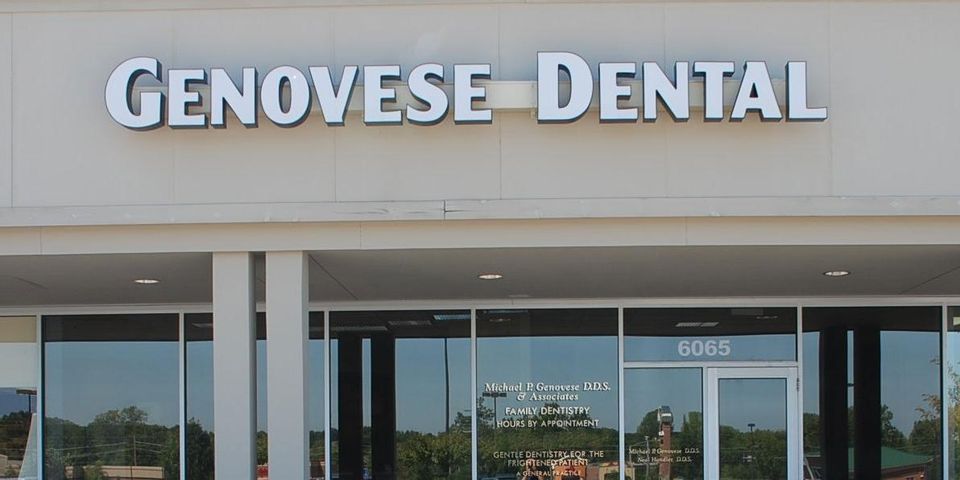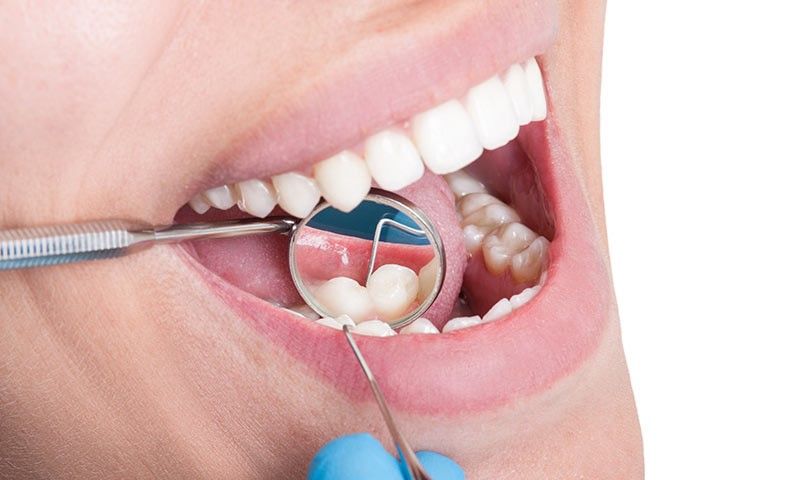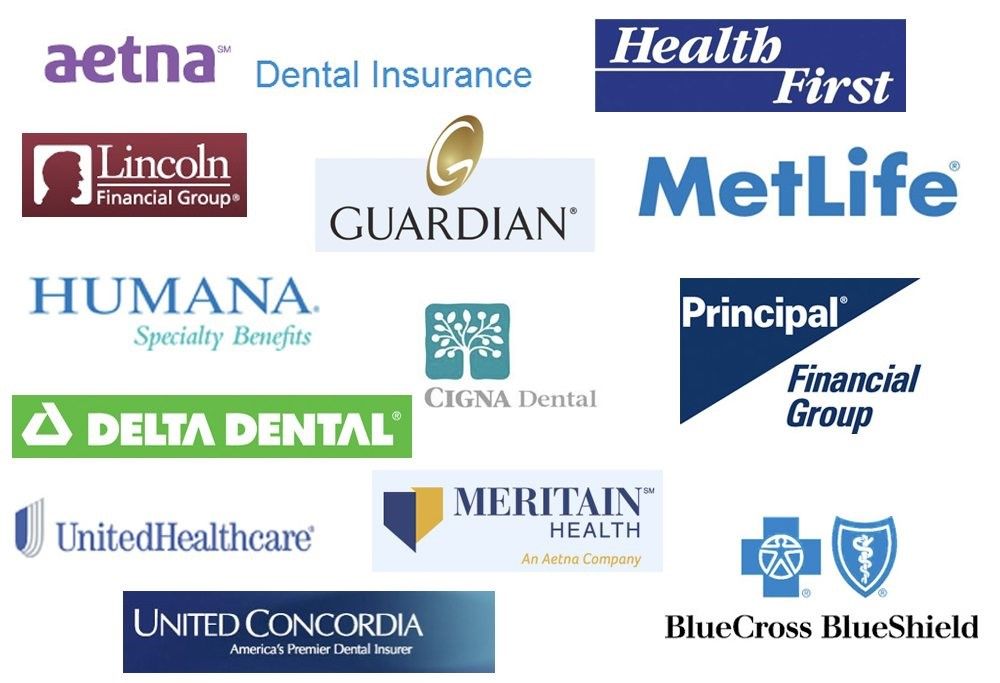
Having dental coverage can make it easier to get the dental care you need. But, it’s important to understand that most dental benefit plans do not cover all dental procedures. When deciding on your treatment, dental benefits should not be the only thing you consider.
Your treatment should be determined by you and your dentist- NOT by your level of dental coverage.

How dental benefits plans work
Dental benefit plans are not designed to cover all dental procedures. Plans usually cover some, but not all, of your dental costs and needs.
Many plans involve a contract between your employer and a dental plan provider, but you can also buy individual plans on your own or through the Health Insurance Marketplaces.
Your dental coverage is not determined by your dentist
 Dr. Michael Genovese’s, in Saint Peters MO, primary goal is to help you maintain good dental health, but not every procedure he recommends will be covered. To avoid surprises on your bill, it’s important to understand what and how much your plan will pay.
Dr. Michael Genovese’s, in Saint Peters MO, primary goal is to help you maintain good dental health, but not every procedure he recommends will be covered. To avoid surprises on your bill, it’s important to understand what and how much your plan will pay.
Your employer and the plan provider agree on the amount your plan pays and what procedures are covered. Dr. Genovese is not involved in deciding your level of coverage.
- Your dental coverage is not based on what you need or what is recommended. It’s based on how much your employer pays into the plan. Sometimes, you may have a dental care need that is not covered by your plan.
Dental plans share treatment costs with you
Here are some key terms that are used to describe these measures:
 Deductible
Deductible
A deductible is the amount of money that you must pay before your benefit plan will pay for service. It can take more than one service visit to meet your deductible.
Most plans do not require a deductible for preventive services like hygiene maintenance, exams, or for diagnostic services.
Coinsurance
In most cases, after you meet your deductible you will be expected to pay a percentage of the allowed benefit of a covered dental service. This is called coinsurance.
For Example: Your plan may pay 80% and you pay the remaining 20% owed to Dr. Genovese. If your bill was $100, then your plan pays $80 and you will pay the remaining $20.
Annual Maximums
This is the maximum dollar amount a dental plan will pay during the year. Your employer decides the maximum levels of payment in its contract with the dental benefit provider. You will pay for anything over that set dollar amount.
For Example:
Your dental expenses: $3500
Your annual maximum: $2000
……………………………………………….
You owe: $1500
If the annual maximum of your plan is too low to meet your specific needs, you may want to ask your employer to consider a higher annual maximum. If your plan covers braces, there is usually a separate lifetime maximum limit.
Call Genovese Dental at (636) 928-4090 today to schedule your initial consultation. To meet the team or learn more about their comprehensive dental care programs, visit them online.
About the Business
Have a question? Ask the experts!
Send your question

